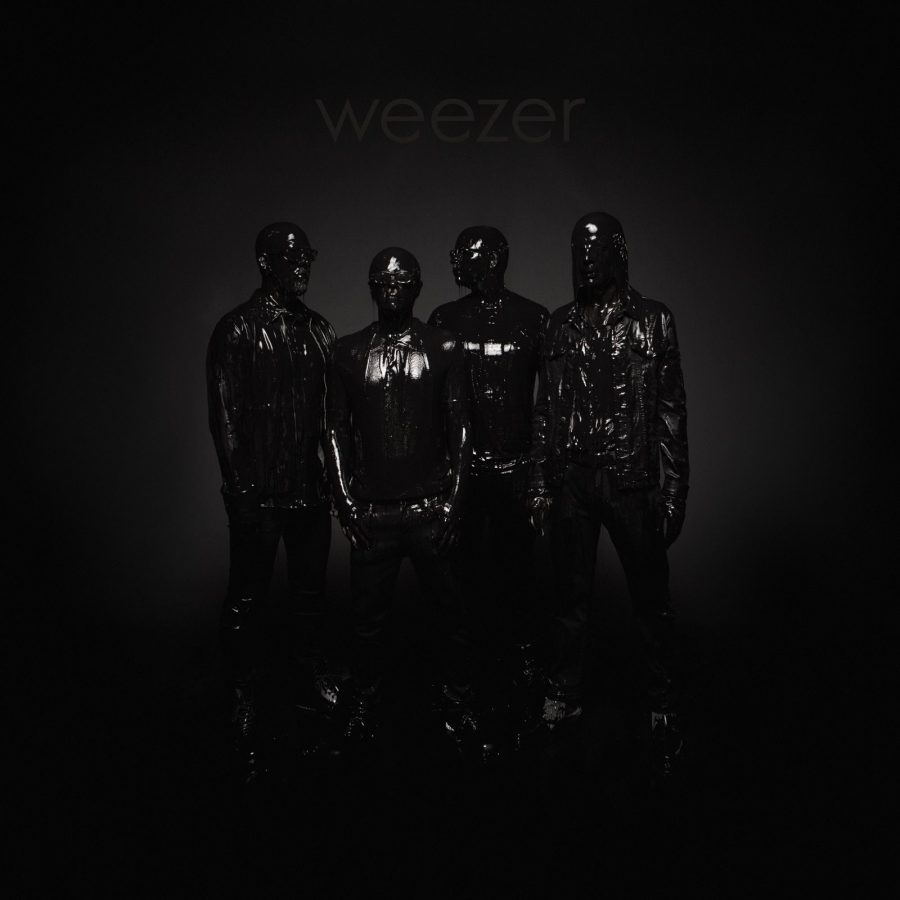Before Weezer’s latest self-titled album — referred to as the “Black Album” — released in stores on March 1, there was only one platform to preview several of its songs. It wasn’t Apple Music or Spotify. It wasn’t YouTube, either.
It was, strange as it may seem, “Fortnite.”
For a limited time, players of the battle royale video game could enter an amusement park-esque area entitled “Weezer World” and listen to a portion of the band’s latest work.
“Weezer World” is not the only musical event that has been held within the first-person shooter game nor is it the most notable one. EDM DJ Marshmello made waves in early February with a semi-live digital concert hosted within the game. The artist played some of his greatest hits as his voice was broadcast to players around the world. Marshmello’s online concert was well-received by the community, and many claimed it to be a prime example of what could be the future of the concert industry: live performances you can attend virtually, regardless of your physical location. No movement required, just a stable internet connection.
The idea that these artists used this platform in a unique way to engage with what could potentially be an unmined listener demographic is respectable. These events are a win-win situation. Players get to listen to music from extremely popular artists, with some added bells and whistles for no cost at all, while the artists get to expand their brand. The speculation that this sort of event is the future of live music consumption, however, feels like people are jumping the gun when it comes to comparing a digital concert with a real-life one or a dedicated music platform with a video game.
Marshmello’s performance was impressive in that it wasn’t pre-recorded and he actively hyped up the crowds of players at the digital venue, telling them to use their in-game emotes to dance along. Unless you were jumping up and down in front of your computer monitor in a fit of joy upon seeing Marshmello’s glorious, X-eyed visage, you weren’t actually moving like you would at a real venue. Beyond that, much of the appeal of concerts in the modern day is primarily derived from the experience of sharing a real-life space with an artist you truly enjoy, seeing the human beings behind the magic. Sharing a digital space just isn’t the same. You may be hearing his voice, but Marshmello isn’t actually there.
Weezer’s event isn’t very exciting upon closer inspection either. There’s no getting around that this is a pretty over-complicated way to hear a few of the band’s new tunes. Imagine you’re a fan of Weezer but don’t have a “Fortnite” account. You have to go through the entire process of buying the game, setting up an account and learning the basic controls of the game just to get the chance to listen to some songs a few days early. Popping a new song or preview up on a large streaming app is far more practical and likely garners a greater audience as well.
When you peel back the novelty of these events, you realize that they’re really nothing more than glorified ways to watch a televised concert or preview some unreleased music. The concert is as impersonal as watching the Super Bowl halftime show from your TV, a live event without any real intimacy. It can be a novelty experience, offering an interesting way for artists to get their name out there, but for the time being, it cannot even begin to replace the traditional methods of music consumption.
A version of this article appeared in the Monday, March 11, 2019, print edition. Email Ethan Zack at [email protected].























































































































































